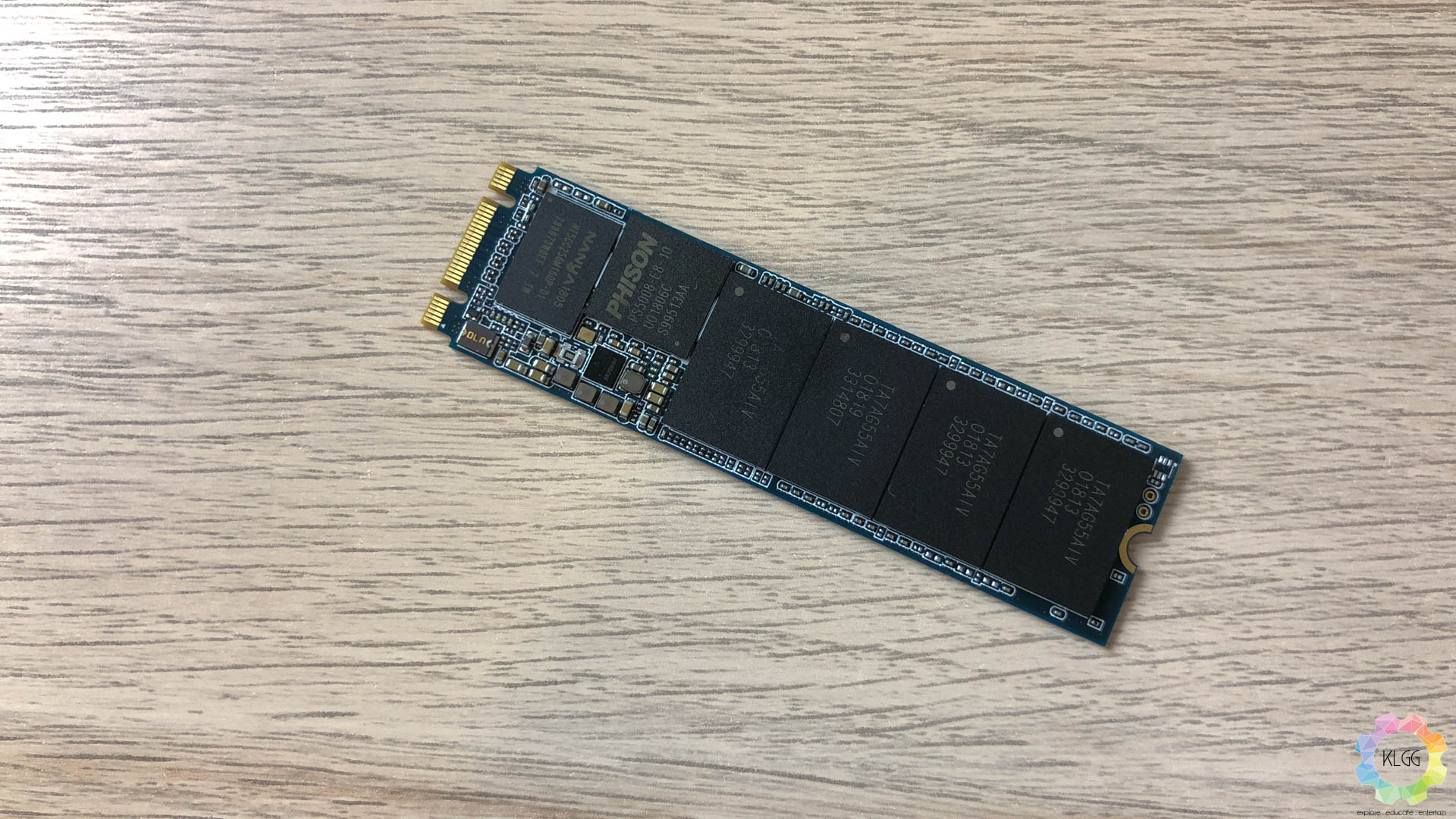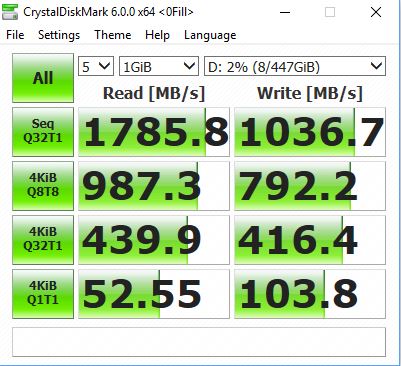Apacer makes interesting storage devices, at times they tend to surprise us by offering better features on their hardware yet priced cheaper than their competition, one of the examples include the AS720, a SSD that comes with both SATA and USB-C ports onboard. This time, we take a look at the newly launched AS2280P2 SSD from the company, which comes in a M.2 form factor and uses the PCIe Gen 3×2 interface, it sports sequential read speeds of 1650 MB/s and write speeds of 1000 MB/s at the price of an entry-level SATA SSD, making this a very attractive choice for budget conscious system builders that requires great storage performance.
One look at the packaging and you will know that the AS2280P2 isn’t a premium product, it only comprises of the storage device itself and there’s no paperwork, free SSD clone software and motherboard screw, very straightforward indeed.

System Configuration
- CPU: Intel Core i7-7700K
- Motherboard: Gigabyte Z170X-Ultra Gaming
- RAM: Patriot Viper RGB 16GB DDR4-3000MHz
- GPU: NVIDIA GeForce GTX 1080 Founders Edition
- SSD: Kingston UV400 120GB
- HDD: Seagate FireCuda 2TB
- PSU: Aerocool KCAS-800W
- Case: Cooler Master Test Bench V1.0
Synthetic Benchmarks
With an affordable price, the AS2280P2 is best used as a secondary drive for data storage, hence we used the AS2280P2 as our test bench’s secondary drive while Windows 10 runs on our Kingston UV400 SSD.
Using CrystalDiskMark, we managed to achieve higher than advertised speeds in multi threaded sequential data transfers, even random 4K file transfer speeds look impressive.
In real world file transfer tests, we made a copy of a 14GB MKV file to a separate directory on the same drive, which we managed to achieve maximum 1GB/s in transfer speeds, performance dipped to 500MB/s in the middle of the transfer, averaging around 700MB/s. Despite the inconsistency in transfer speeds, the AS2280P2 is still a very fast drive that we can live with for day-to-day file transfer tasks.
Verdict
If you have a spare M.2 slot on your motherboard or notebook, while not having much cash to splurge for a fast PCI Gen3x4 drive, the Apacer AS2280P2 is a no-brainer for users wanting to upgrade from a SATA SSD or use as a secondary drive. While Apacer hasn’t start selling the AS2280P2 in Malaysia, we’ve learned that it will retail at RM150 for the 120GB model and RM290 for the 240GB model, which is slightly expensive than the Kingston A1000, its rival of the same class that offers up to 960GB of capacity, let’s hope Apacer does the right thing to make this an even worthy purchase.
The Good
- Great reliability
- Fast sequential and random transfer speeds
- Affordable and faster than mid-range SATA SSD
The Not so Good
- Inconsistent speeds in large file transfers
- No cloning software included
- No screw included (your motherboard probably has it anyway)


